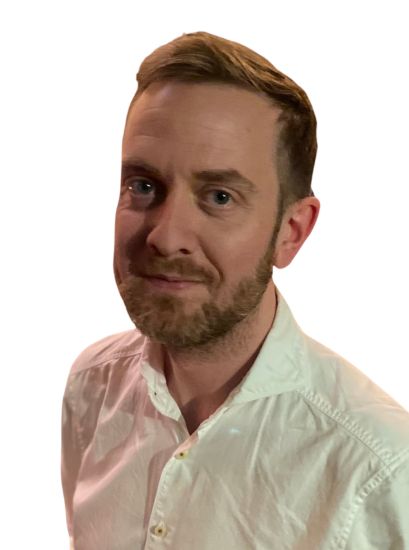
- Sustainable aquaculture
- Antibiotic resistance
- Ecotoxicological modelling
- Life cycle assessment
- Agri-food environmental impact assessment
Oskar Nyberg is part of SeaBOS, developing a genetic monitoring program to reduce antimicrobial use in global aquaculture
Nyberg is engaged in the Keystone Project on AMR within the SeaBOS initiative where he is developing a monitoring program applying genetic methods in order to quantify the presence of antibiotic resistant genes in bacterial populations associated to aquaculture operations. This program is intended to be used for applying strategical interventions for reducing the use of antimicrobials across diverse aquaculture operations on a global scale.
Following a bachelor’s and master’s degree in marine biology at Stockholm University working with environmental aspects of antibiotic use in Vietnamese aquaculture, his PhD studies focused on interdisciplinary studies on sustainable aquaculture development and how to evaluate the consequences of antibiotic use in aquaculture in Asia and Africa. His work includes analysing aquaculture production strategies, genetic methods to identify and quantify antibiotic resistant genes, and developing modelling approaches for capturing environmental impacts of antibiotics emitted throughout the aquaculture value chain. As a second part to the PhD work, Oskar focused on ecotoxicological modelling of agro-chemicals in order to quantify uncertainties in current ecotoxicological impact assessment schemes and to improve data availability.
He is engaged as an expert within the Antimicrobial Assessment on Global Aquaculture Production (AGAP) workshop series hosted by Monterey Bay Aquarium’s Seafood Watch.
Key publications
Nyberg, O., Rico, A., Guinée, J.B. et al. Characterizing antibiotics in LCA—a review of current practices and proposed novel approaches for including resistance. Int J Life Cycle Assess 26, 1816–1831 (2021). https://doi.org/10.1007/s11367-021-01908-y
